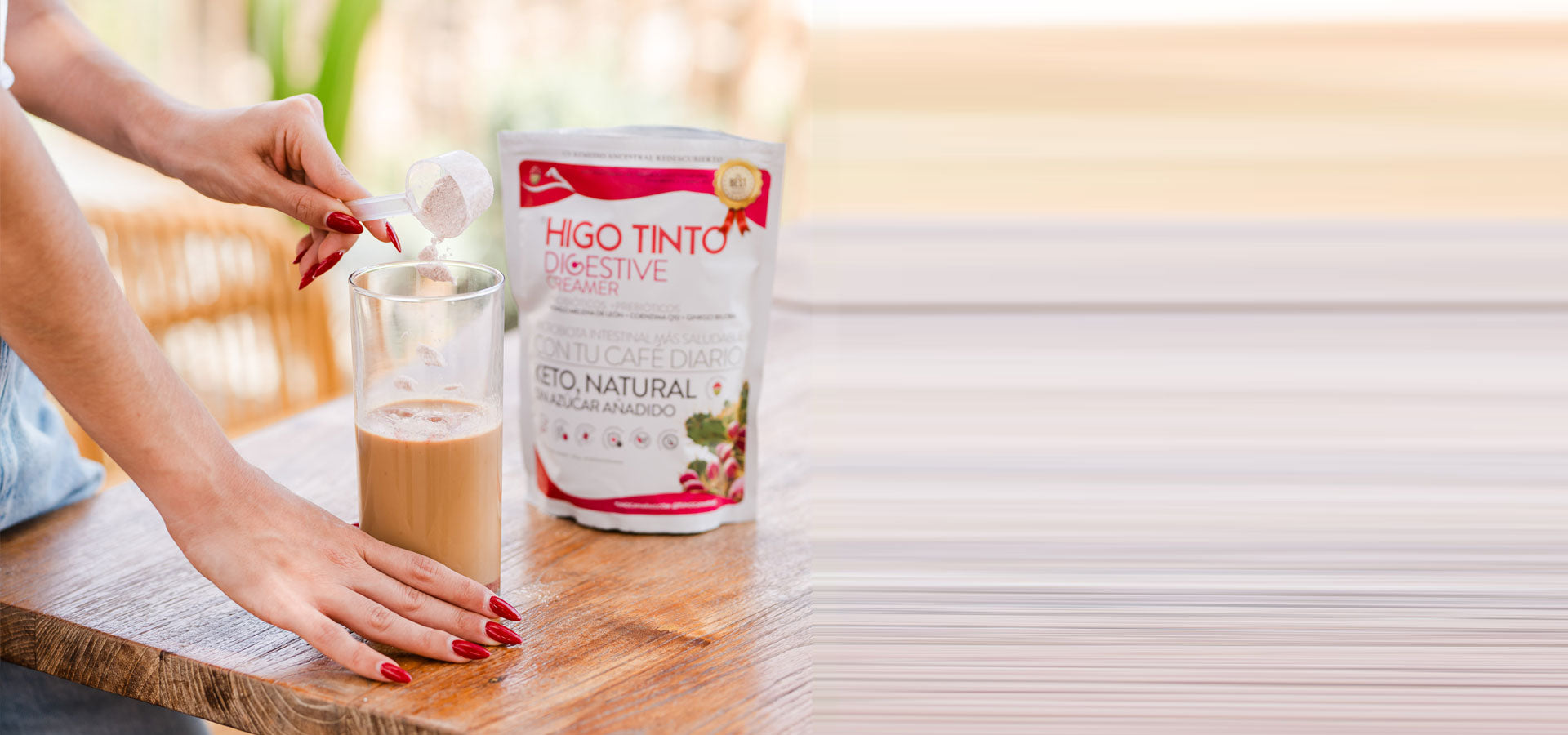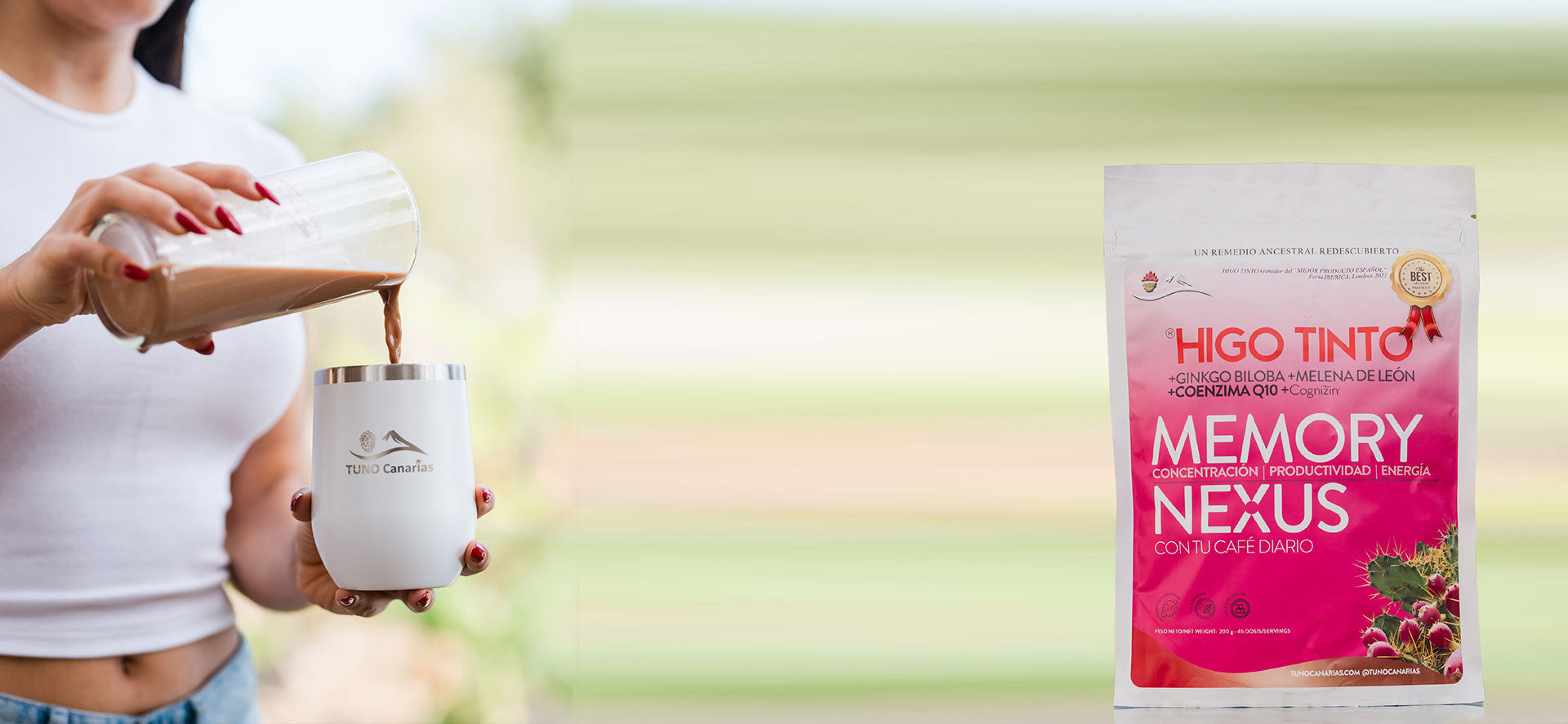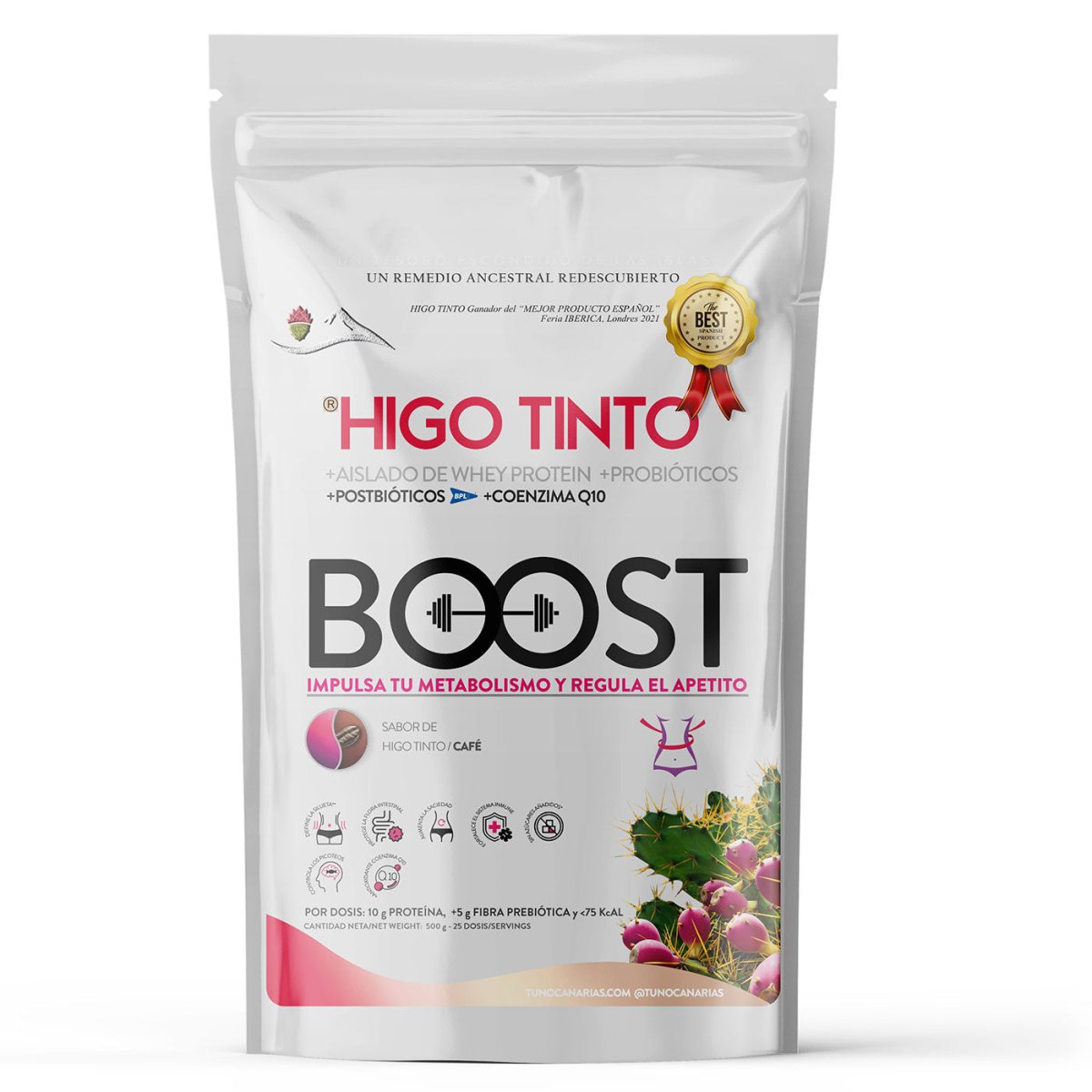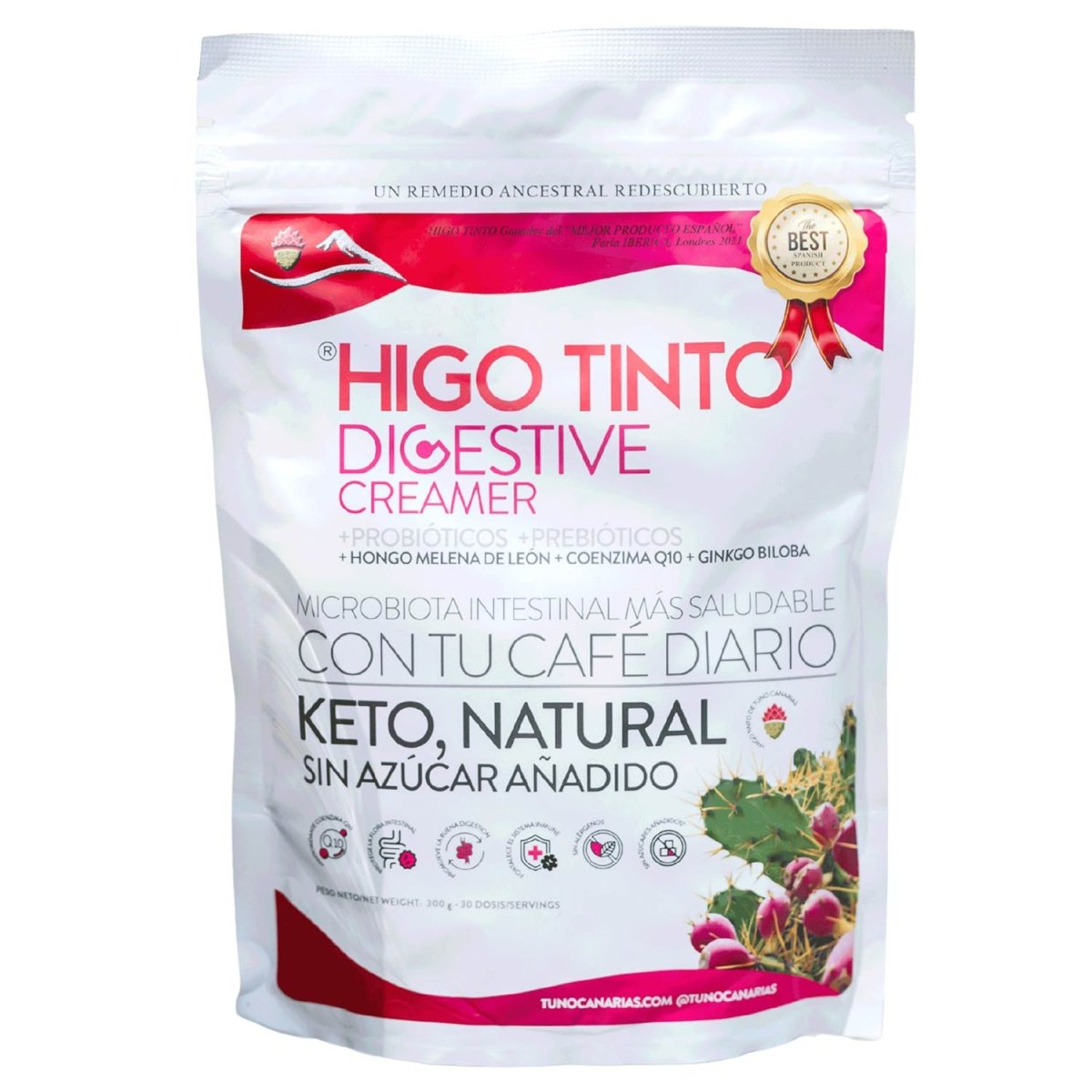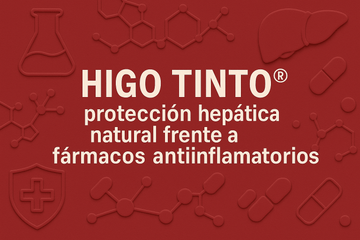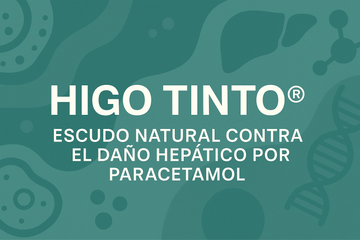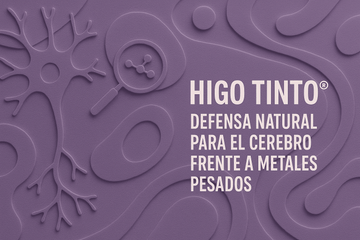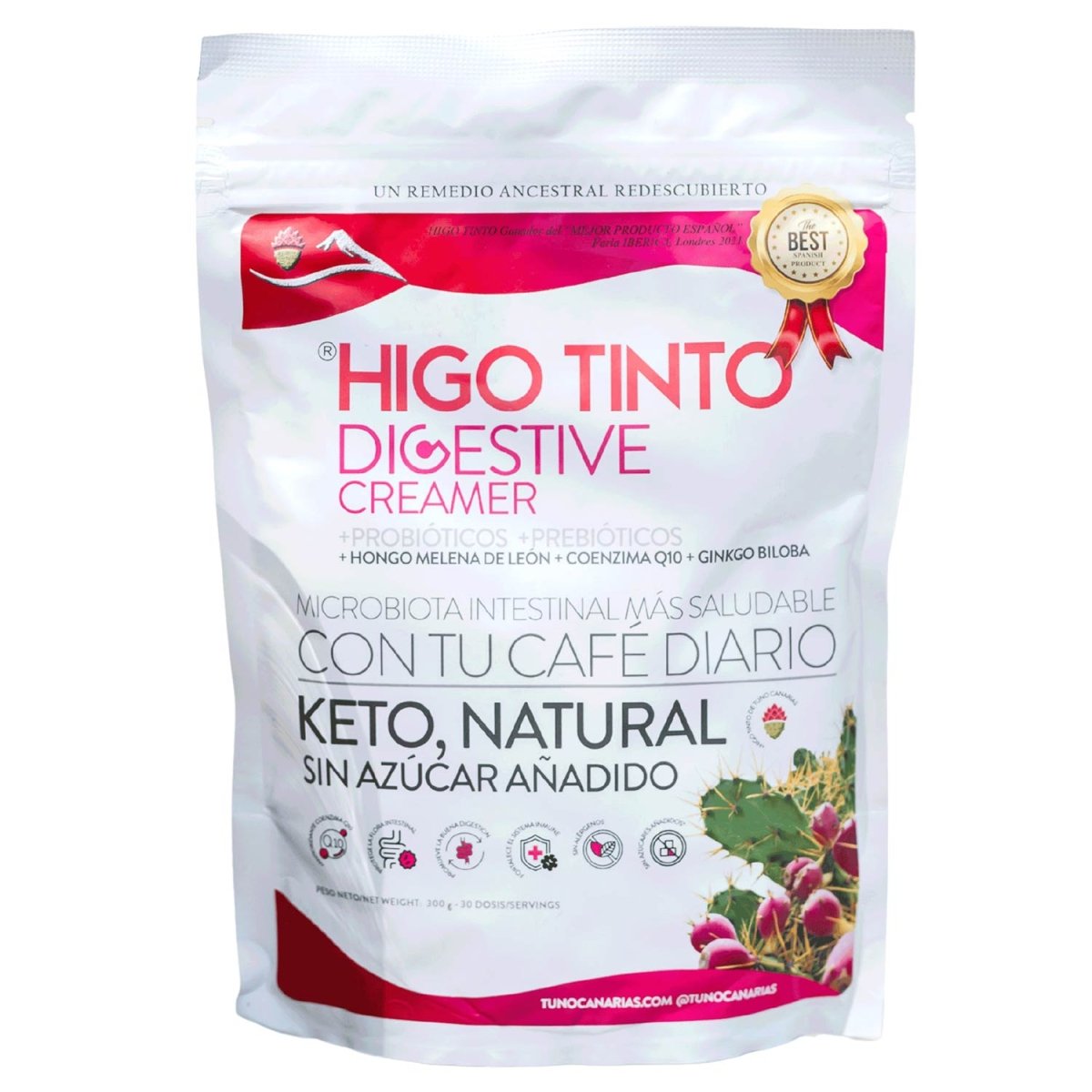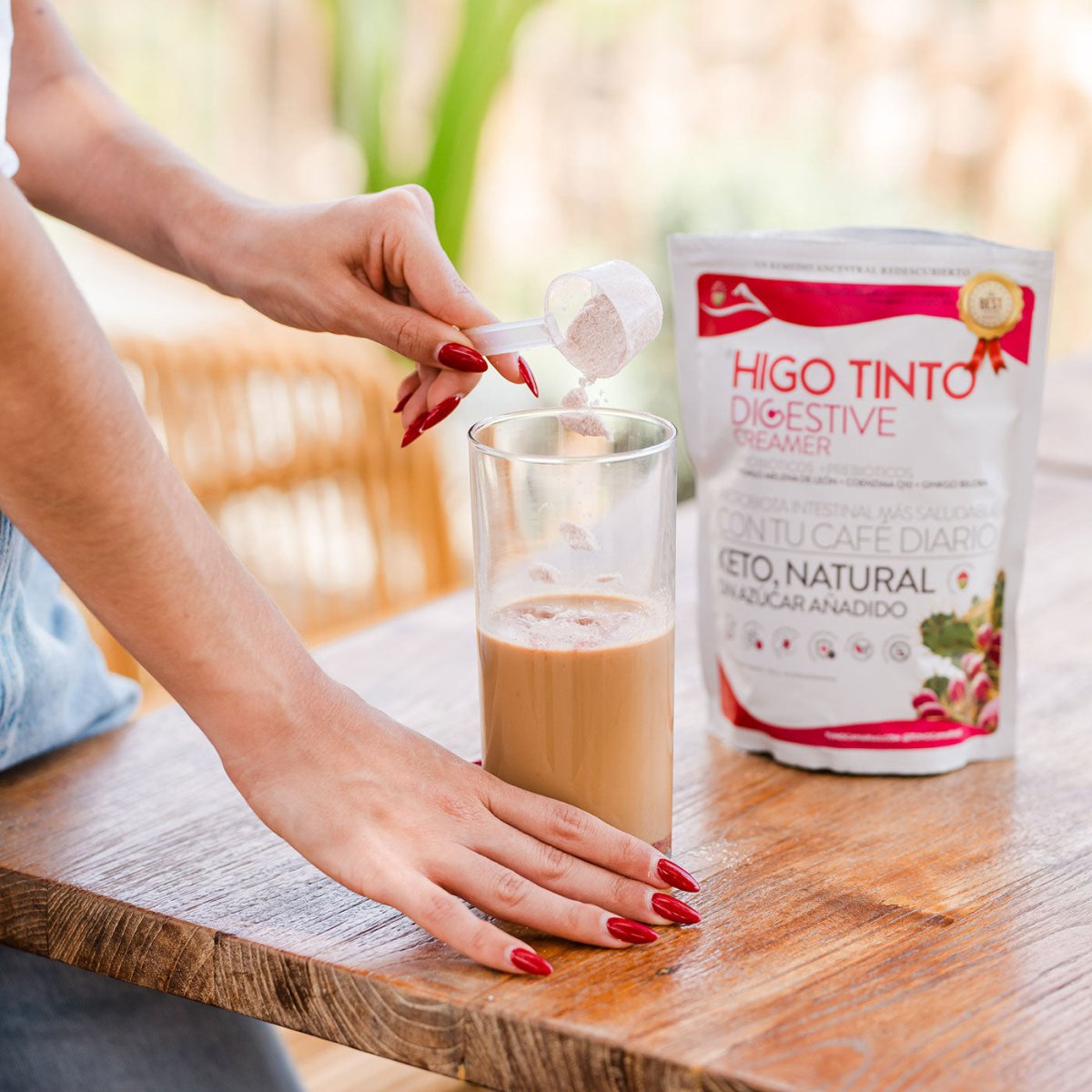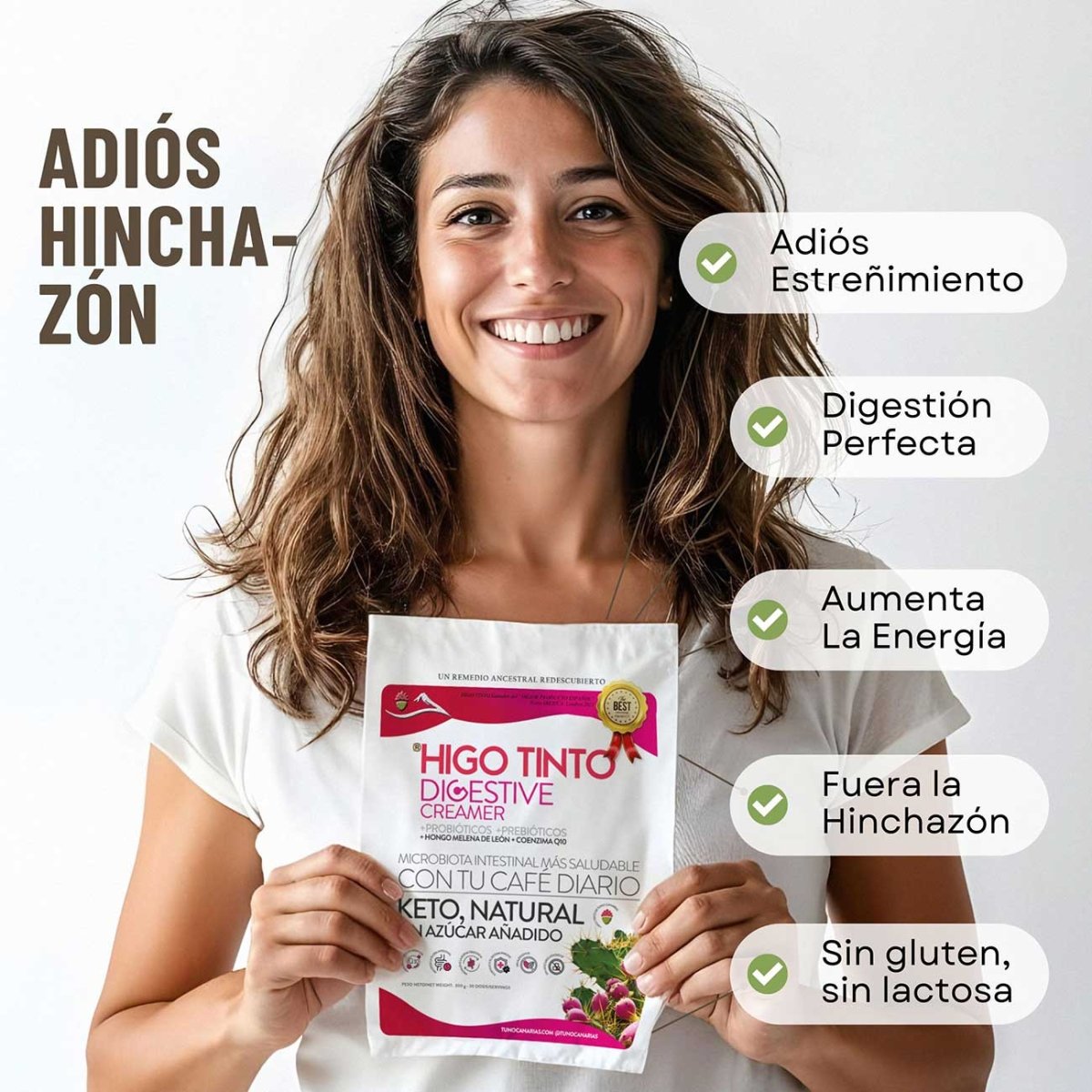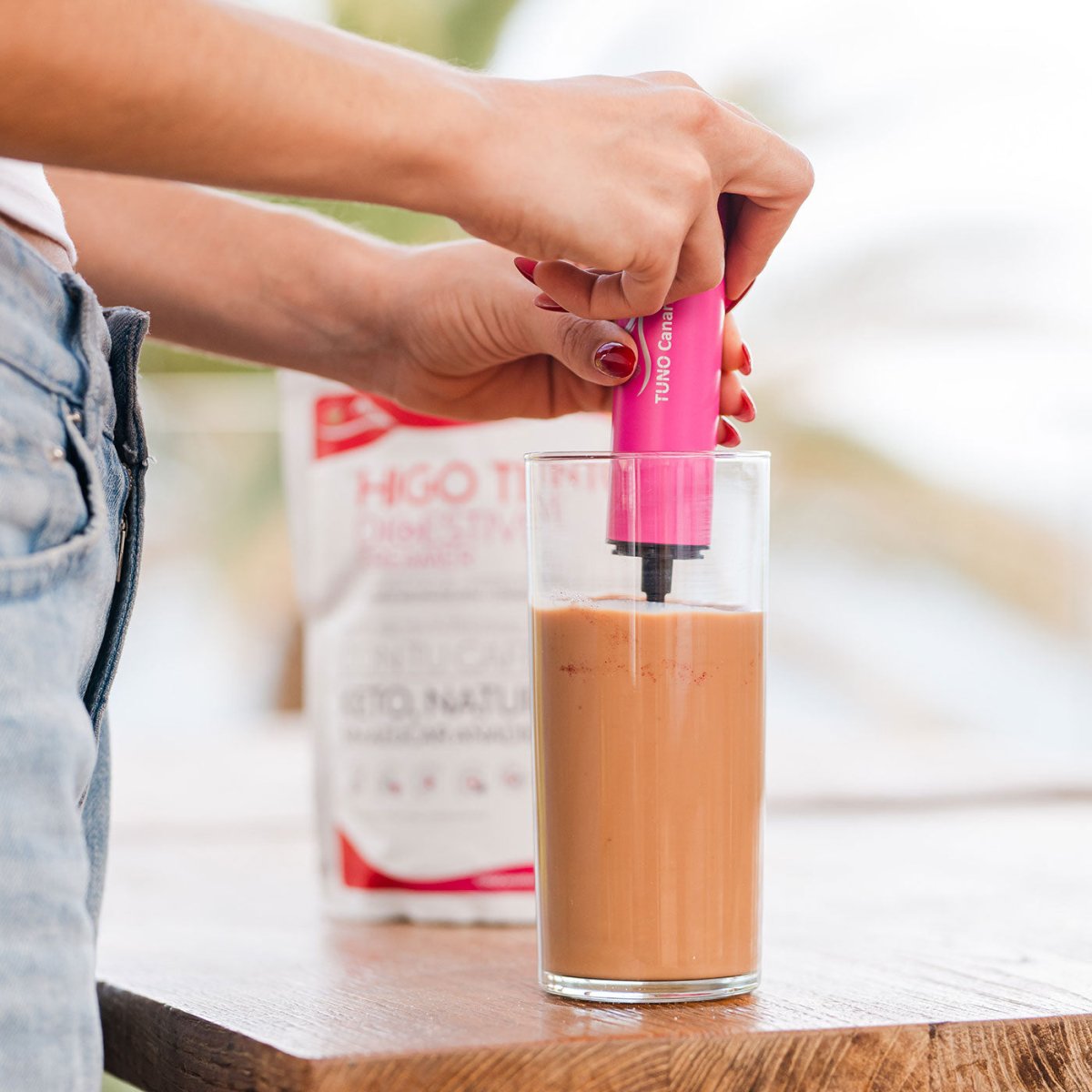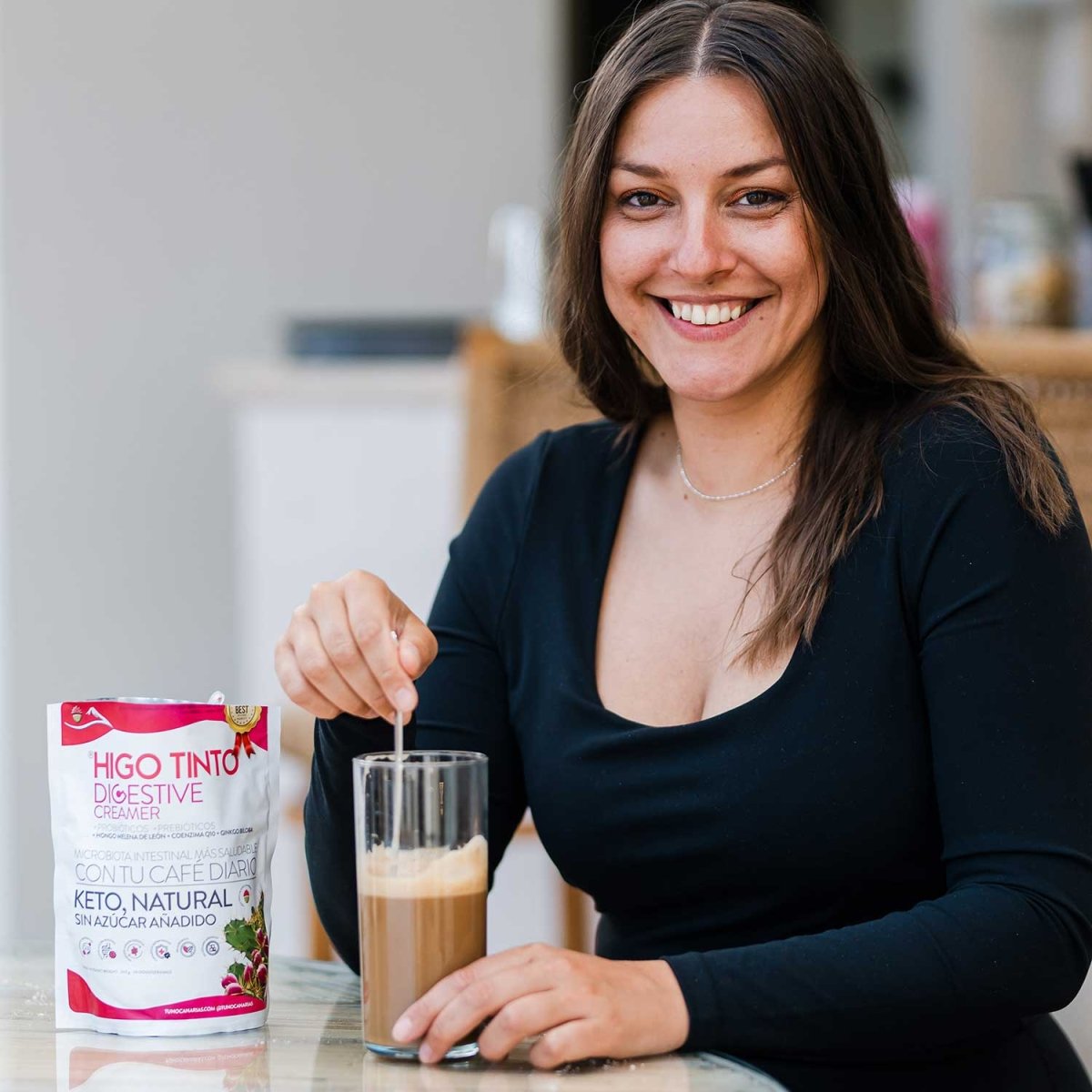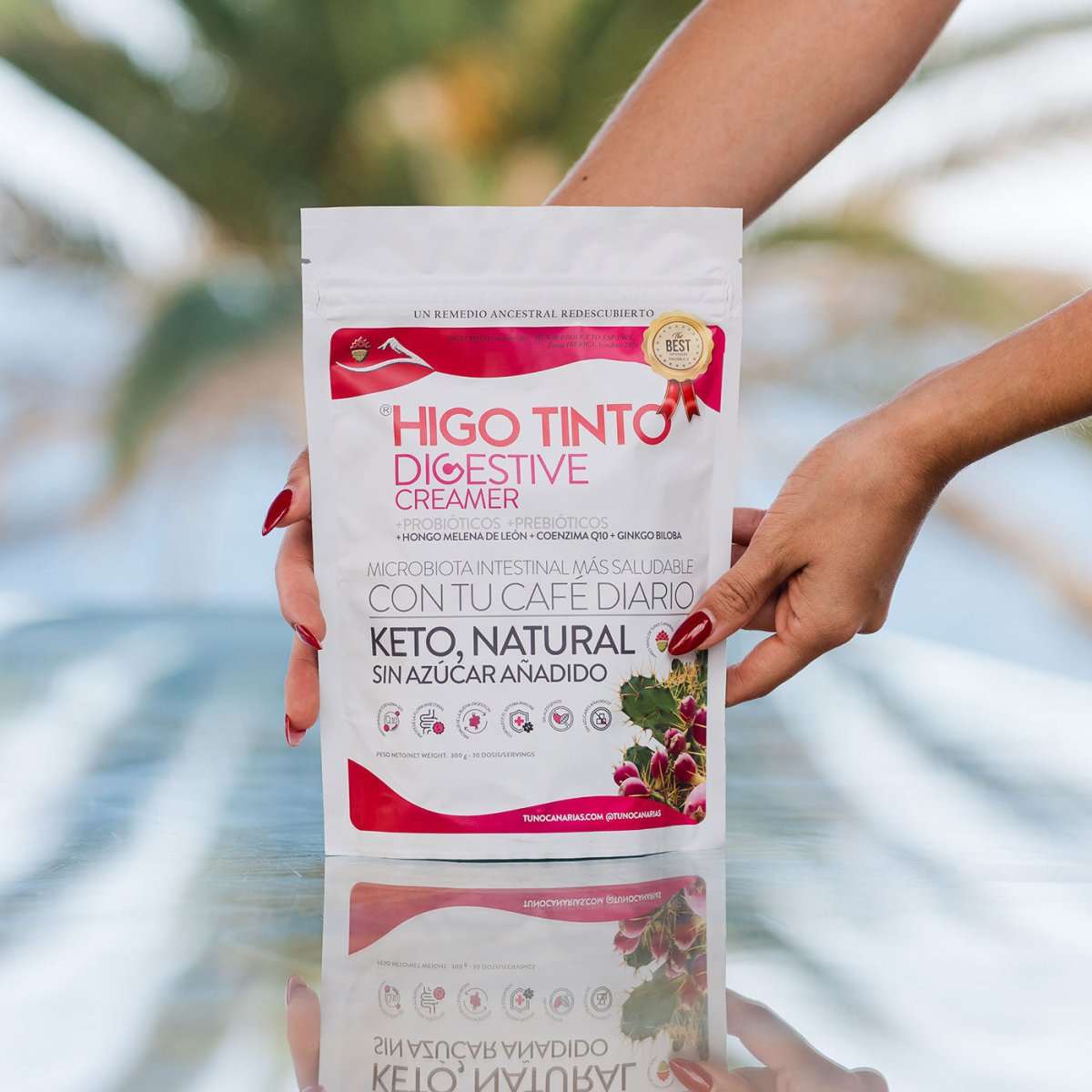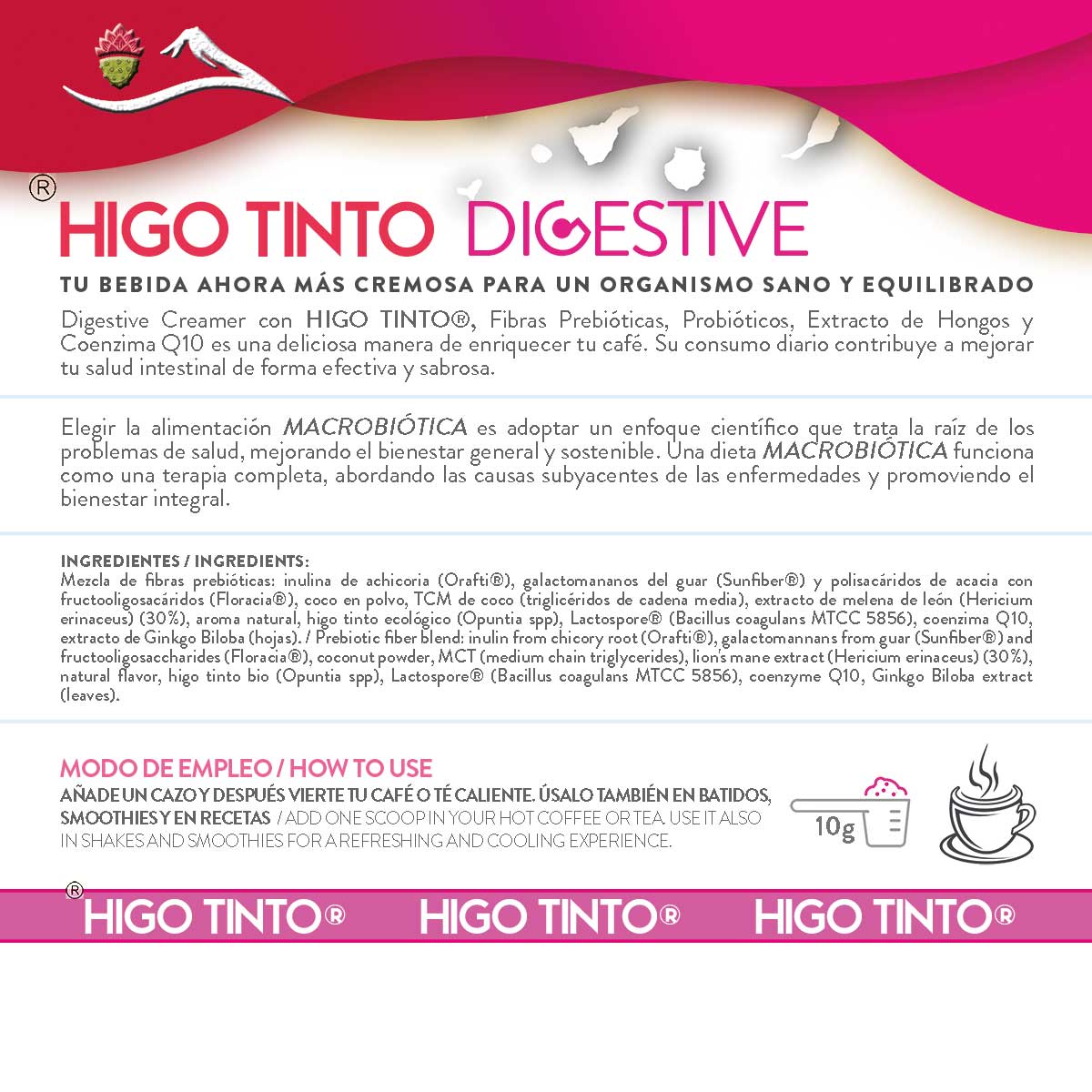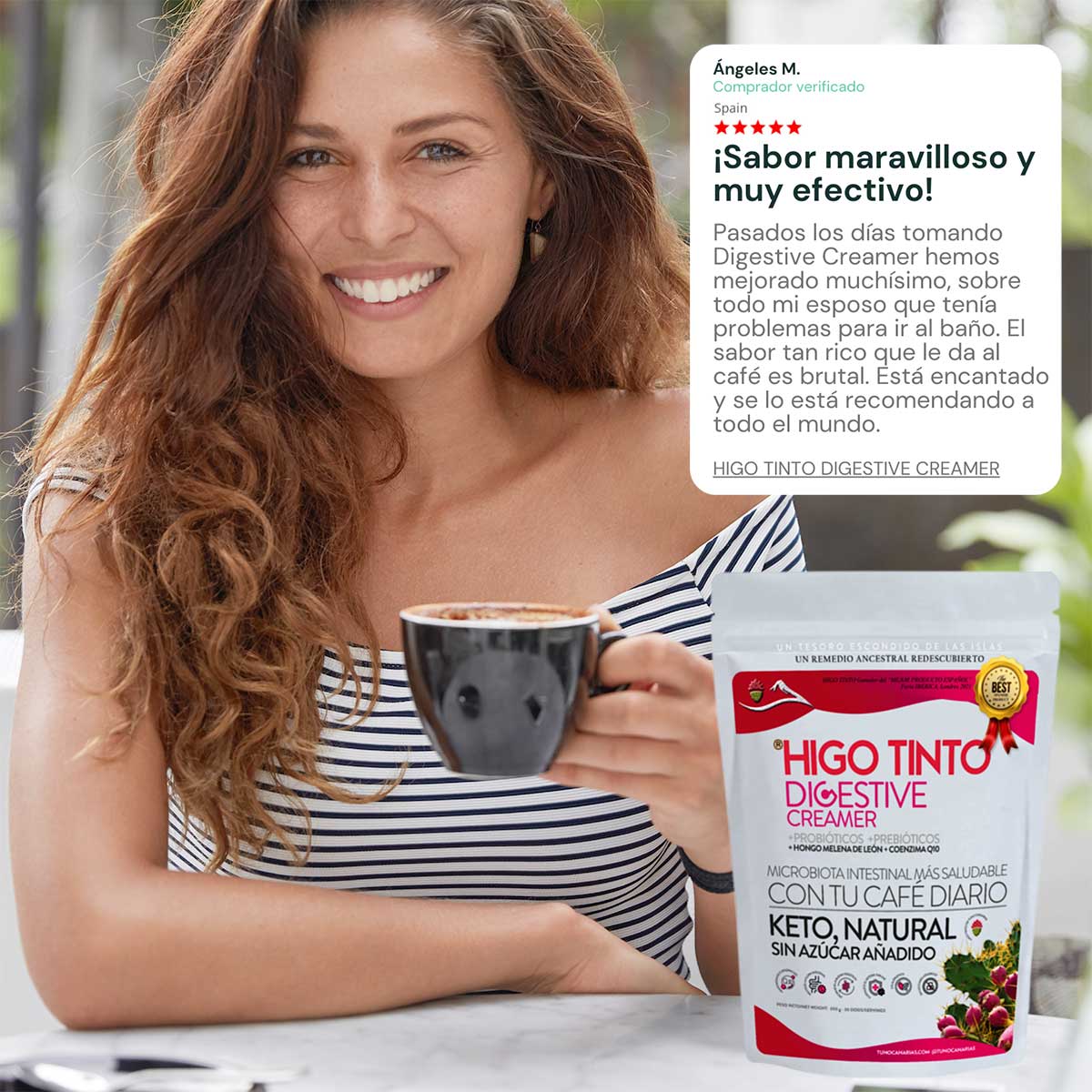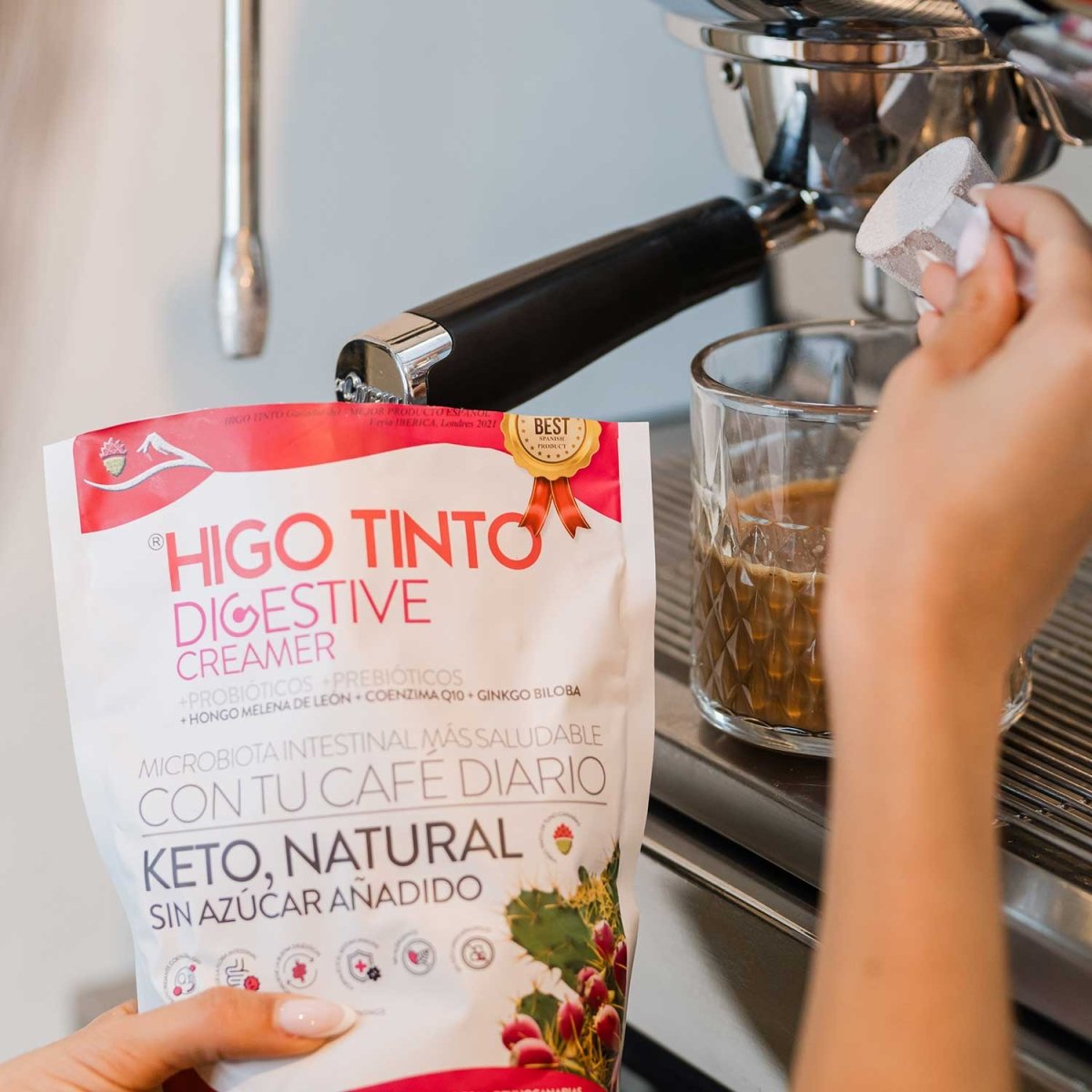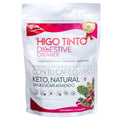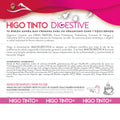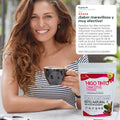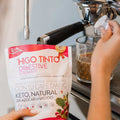Benefits of a balanced diet during cancer treatment
Good nutrition is especially important if you have cancer because both the disease and its treatment can change the way you eat. They can also affect how your body tolerates certain foods, as well as its ability to use nutrients.
During cancer treatment, you may need to change your diet to help keep you strong and withstand the effects of cancer and its treatment. This may involve eating foods that would not normally be recommended when you are in good health.
Nutrition needs for people with cancer vary for each person. Your cancer care team can help you identify your nutrition goals and plan ways to help you achieve them. Eating well while undergoing cancer treatment may help you:
- Feel better and optimistic
- Maintain high strength and energy
- Maintain weight and nutrient reserves
- Better tolerate the side effects of treatment
- Reduce the risk of infections
- Recover and heal faster
Eating well means eating a variety of foods to get the nutrients your body needs to fight cancer. These nutrients include proteins, fats, carbohydrates, water, vitamins, and minerals. HIGO TINTO from Tuno Canarias will provide you with a large portion of them.
Carbohydrates
Carbohydrates provide the body with the fuel required for physical activity and organ function. The best sources of carbohydrates such as CANARIAN FIG or other fruits, vegetables and whole grains provide essential vitamins and minerals, as well as fiber and phytonutrients. Phytonutrients are chemicals in plant-based foods that we don't need to live, but that may promote health.
Plant foods contain fiber, which is the part of the food that the body cannot digest. There are two types of fiber: insoluble fiber, which helps remove food waste from the body more quickly, and soluble fiber, which binds to water in stool to soften it.
Vitamins and minerals
Vitamins and minerals help the body to function properly and use the energy (calories) in food. HIGO TINTO from Tuno Canarias is a vitamin bomb.
If your diet is balanced with enough calories and protein, you usually have enough vitamins and minerals. But it can be difficult when you are undergoing cancer treatment, especially if you have side effects that come with the treatment. Your doctor or dietitian may suggest taking a daily multivitamin and mineral supplement such as HIGO TINTO from Tuno Canarias. Be sure to check with your doctor first.
Antioxidants
Vitamins A, C and E, as well as selenium and zinc are antioxidants, as are some enzymes that absorb and attach to free radicals (destructive molecules) to prevent them from attacking normal cells.
If you want to take in more antioxidants, health experts recommend eating a variety of fruits and vegetables that contain a good source of antioxidants, and the king of antioxidants is undisputedly the RED FIG from Tuno Canarias. Talk to your doctor to determine the best time to take antioxidant supplements.
Phytonutrients
Plant compounds such as betalains, carotenoids, lycopene, resveratrol and phytosterols are phytonutrients or phytochemicals that are thought to have health-protective properties. They are found in plants such as fruits and vegetables, for example RED FIG from Tuno Canarias, or in plant-based products, such as tofu or tea. It is best to consume phytochemicals in foods that contain them, for example RED FIG powder, which is basically a dehydrated fruit.
Clarification: This product is NOT a substitute for medical therapy. It does not allow you to interrupt or modify medical therapies that are in progress in any way.
Some scientific studies on the fruit of the RED FIG from Tuno Canarias (Opuntia Dillenii) and its contribution to carcinogenic processes:
Preliminary Phytochemical Screening and Estimation of Total Phenolic Content of Aqueous Cladode Extract of Opuntia dillenii
Journal of Research in Medical and Dental Science 2021, Volume 9, Issue 2, Page No: 254-257 Copyright CC BY-NC 4.0 eISSN No. 2347-2367: pISSN No. 2347-2545

------------------------------------------------------------------------------------------
A novel link between angiogenesis and natural products: Anti-angiogenic effects of Opuntia dillenii
Central European Journal of Biology - Department of Clinical Neurosciences, Stroke Research Group, Addenbrooke's Hospital, University of Cambridge, Cambridge, CB2 2QQ, the United Kingdom, Angiogenesis and Toxicology Research Laboratory, Department of Pharmacology and Toxicology, University of Veterinary and Animal Sciences, 54000 Lahore, Pakistan
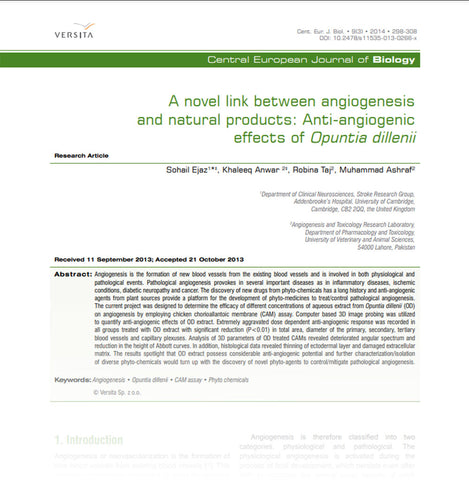
-------------------------------------------------- ------------------------------------------
Pectin and Isolated Betalains from Opuntia dillenii (Ker-Gawl) Haw. Fruit Exerts Antiproliferative Activity by DNA Damage Induced Apoptosis
International Journal of Pharmacognosy and Phytochemical Research 2015, Fruit and Vegetable Technology, CSIR-Central Food Technological Research Institute, Mysore -570 020, Karnataka, India, Food Protectants and Infestation Control, CSIR-Central Food Technological Research Institute, Mysore -570 020, Karnataka, India

-------------------------------------------------- -------------------------------------------
Effect of Opuntia dillenii Polysaccharide on Apoptosis of Ovarian Cancer Tissue in Rats
YIN Zi, YU Xian-jun, XU Chen-li (Institute of Basic Medical Sciences, Hubei University of Medicine, Shiyan 442000, China)

-------------------------------------------------- --------------------------------------------
ANTI-TUMOR EFFECT OF CACTUS POLYSACCHARIDES (Opuntia dillenii) ON LUNG SQUAMOUS CARCINOMA CELLS
(SK-MES-1) Li W , Wu D, Wei B, Wang S, Sun HX, Li XL, Zhang F, Zhang CL* and Xin Y - Department of Biotechnology, Dalian Medical University, Dalian, 116044, Liaoning, China
Background: Cactus polysaccharides are the active components of Opuntia dillenii which have been used extensively in folk medicine. In this study, we investigated the anti-tumor effect of cactus polysaccharides on lung squamous carcinoma cells SK-MES-1. In this study, we detected the effects of cactus polysaccharides from Opuntia dillenii on lung squamous carcinoma cells in vitro. The results revealed that cactus polysaccharides inhibited the proliferation of lung squamous carcinoma SK-MES-1 cells in a concentration and time dependent manner. Report had been indicated polysaccharides extracted from cactus pear fruit inhibited tumor growth in S180-bearing mice by inducing apoptosis, increasing anti-oxidation and promoting immune responses (Liang et al., 2008). Considering most of polysaccharides with non-toxic effects (Zong et al., 2012), the cactus polysaccharides could be an effective therapeutics without serious side-effects for lung cancer patients. We further detected the mechanisms of inhibiting effect of cactus polysaccharides on the growth of lung cancer cells. Our data showed that the cactus polysaccharides inhibited proliferation of lung squamous carcinoma SK-MES-1 cells through inducing S phase arrest and triggering apoptosis. Insight into molecular mechanisms indicated that the cactus polysaccharides could significantly increased P53 and PTEN expression, which were negatively regulated cell cycle and induced apoptosis in the lung cancer cells. In conclusion, our study is the first one to identify anti-tumor affects of cactus polysaccharides on lung squamous carcinoma cells. Our data generate evidences for further evaluation of cactus polysaccharides as a new drug for lung cancer. The molecular mechanisms of wild cactus polysaccharides preventing cell proliferation need further investigation.

Click here to buy it: BUY AND MORE INFORMATION ABOUT RED FIG FROM TUNOCANARIAS



